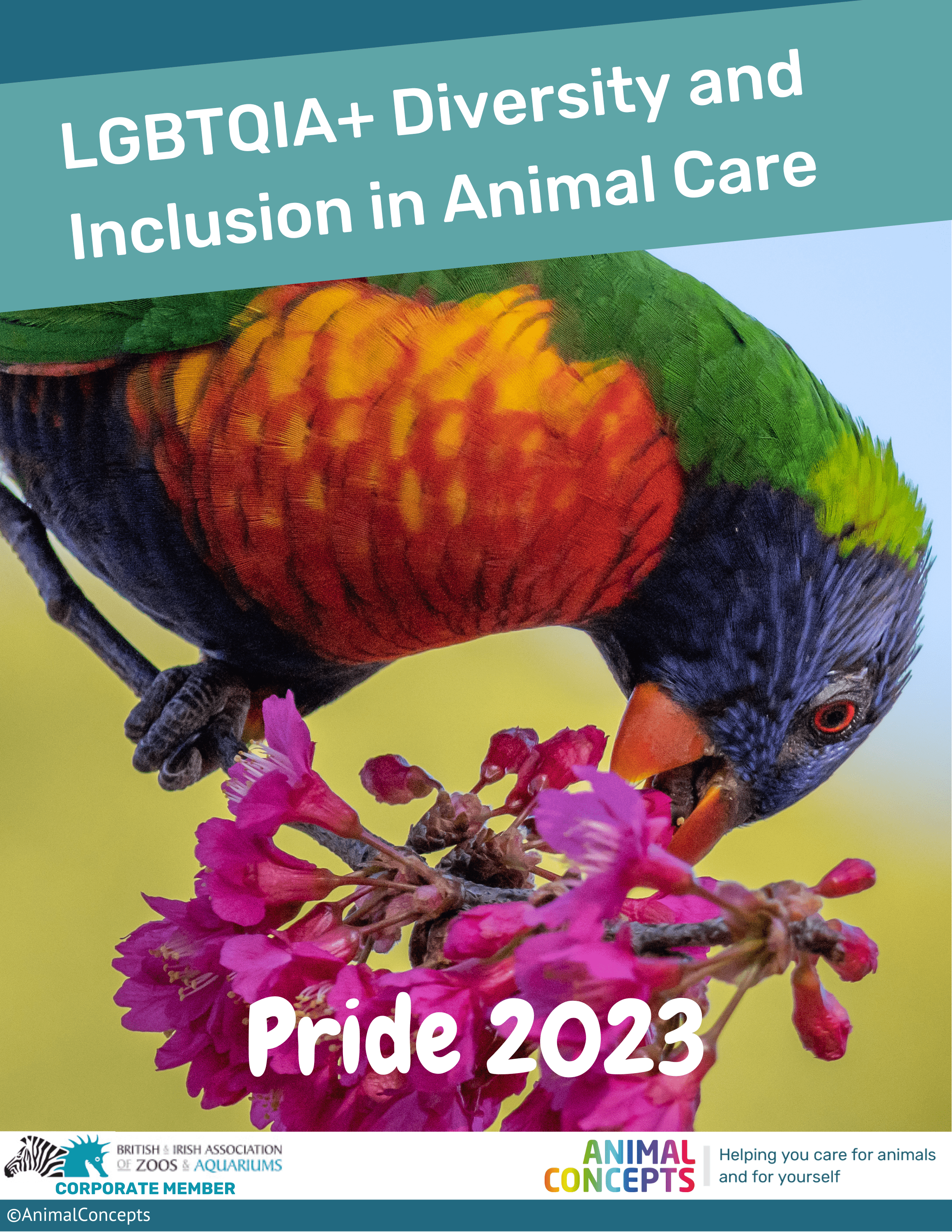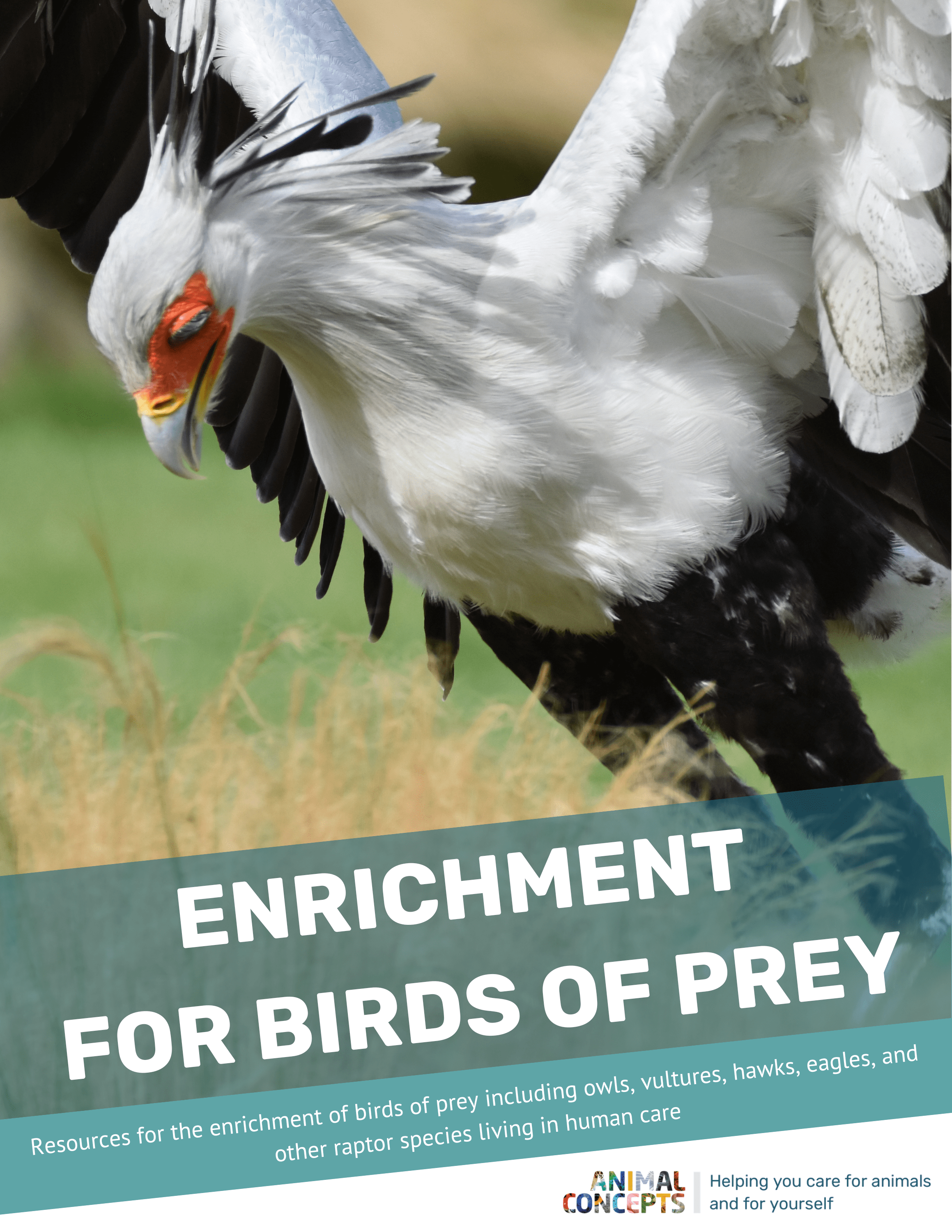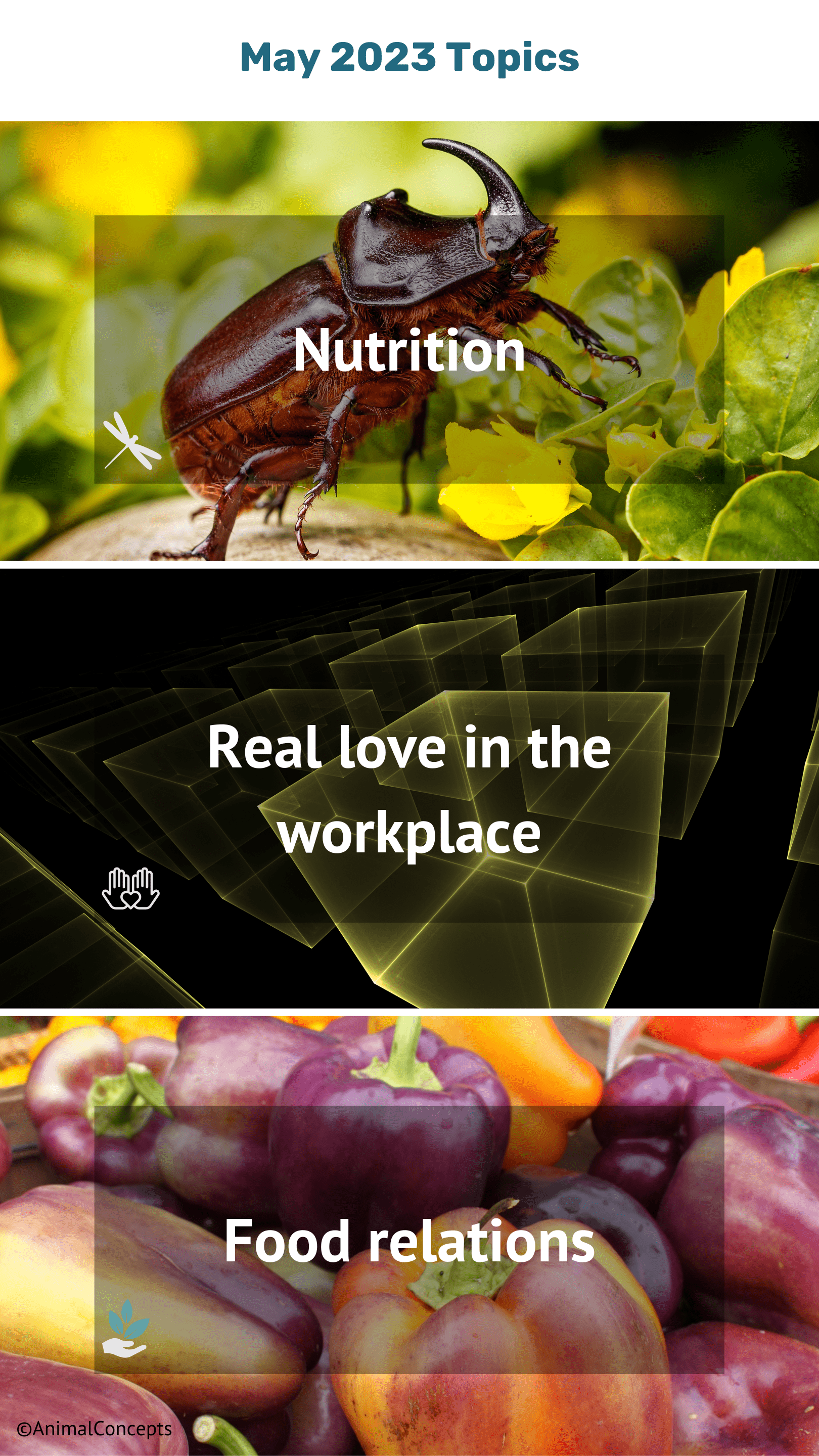Free paper - tales of feeding animals in zoos & Pride blog with Max Norman

Flying bamboo?
A free paper from the AnimalConcepts team is available open access and you can download it below.
This paper is part of the book Transforming food systems: ethics, innovation and responsibility by Donald and Ann Bruce, and discusses the challenges zoos face to be more environmentally-conscious and make decisions in regard to the sourcing of food for both animals and people. This paper also highlights the efforts undertaken by zoos to mitigate these challenges.
Abstract
Contemporary zoos, aquariums, sanctuaries, and other facilities housing animals in human care (hereafter zoos) are concerned with their core values of animal wellbeing, education, and nature conservation. There is a wide variety of species living in zoos worldwide, spanning across many different taxa, which results in an enormous diversity of diets – each bringing its own set of challenges. Meats, fishes, insects, fruits, vegetables, and browse are some, among many, of the necessary components for prov...
New paper on human wellbeing in zoos and aquariums
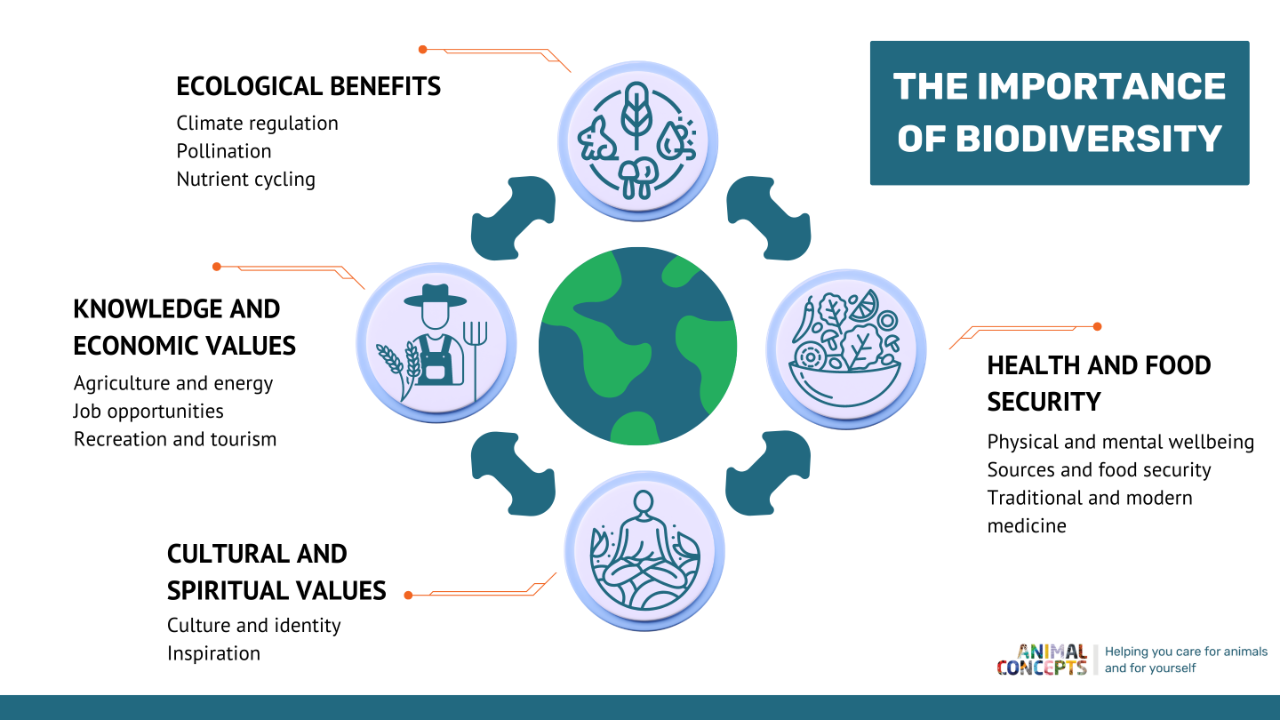

A new paper resulting from a collaboration between AnimalConcepts, the University Federal de Minas Gerais in Brazil, and the University of California in the USA is now available. The open-access article can be downloaded below.
The present study aimed to identify common joys and stressors experienced by zoo professionals working in a variety of roles ranging from junior animal care staff to curators. While many of those who care for non-human animals professionally identify their work to be purposeful, meaningful, and intrinsic to their calling and values, there can be downfalls to their chosen careers. Through a survey of 311 zoo and aquarium professionals, the present study identified common themes about their lack of ability to feel empowered to do their best for animal welfare. We identified a link between staff welfare and perceptions of animal welfare, highlighting areas that organisations can target to improve the ability of their staff to care for animals by taking better care...
A new free paper, a VIP at Zoo de Bordeaux Pessac and SiP#155 Quite sleep in birds

A new paper is freely available, a collaboration between SeaWorld Parks & Entertainment, Universidade federal de Minas Gerais, and AnimalConcepts. The article is available open access and you can download it below.
ABSTRACT
While the existence of human–animal relationships dates back thousands of years, the effects of these bonds on animal well-being have only recently been examined in detail. The existing literature demonstrates that factors such as familiar human caregivers and persistent, predictable care may, for example, lower an animal’s fear response and improve overall welfare. The goal of the present study was to analyse how a range of variables, including age, sex, animal species, and previous bonds with a pet could influence the development of human–animal bonds between caregivers and animals at six affiliated zoological facilities. The present study is a survey of 201 animal caregivers focusing on their perception of the bonds shared between themselves and an animal wit...
World Environment Day

"Humankind has not woven the web of life. We are but one thread within it. Whatever we do to the web, we do to ourselves. All things are bound together. All things connect." - Chief Seattle
Monday 5th June we celebrated World Environment Day, an event intended to raise global awareness and take action on pressing environmental issues. It is organised by the United Nations Environment Programme (UNEP) and serves as a platform for promoting positive environmental action worldwide. This year the theme will focus on solutions to plastic pollution under the campaign #BeatPlasticPollution.
Every year, more than 400 million tonnes of plastic are produced, with half of it intended for single-use purposes. Of that, less than 10 per cent is recycled. Around 19-23 million tonnes end up in lakes, rivers and oceans, exacerbating the problem. Currently, plastic pollution is evident in overflowing landfills, ocean contamination, and the release of toxic fumes when incinerated, making it one of the ...
Welcome June! Celebrating Pride month with a free resource on Diversity, Equality and Inclusion
Every June the world celebrates Pride Month, marking the anniversary of the Stonewall Riots and reflecting on how far we have come towards LGBTQIA+ rights and where we still need to go. At AnimalConcepts, we are celebrating LGBTQIA+ inclusion and championing diversity in the zoo and aquarium community with a brand-new free resource addressing the ways in which animal care and other facilities can support staff, students, and visitors no matter how they identify. You can download the free resource HERE
While we wear the rainbow flag for June, it is important to remember as a community that Pride is not something we think about only for one month of the year. There are always things we can do year-round, whether it is day-to-day changes like sharing your pronouns or using inclusive language, or systemic changes like rewriting our DEI policies or building new gender-inclusive infrastructure.
We presented a webinar on gender diversity and inclusion in animal care careers, which explore...
Anxiety and empathic strain working with animals, International Day for Biological Diversity & SiP #152 Giraffe drinking behaviour
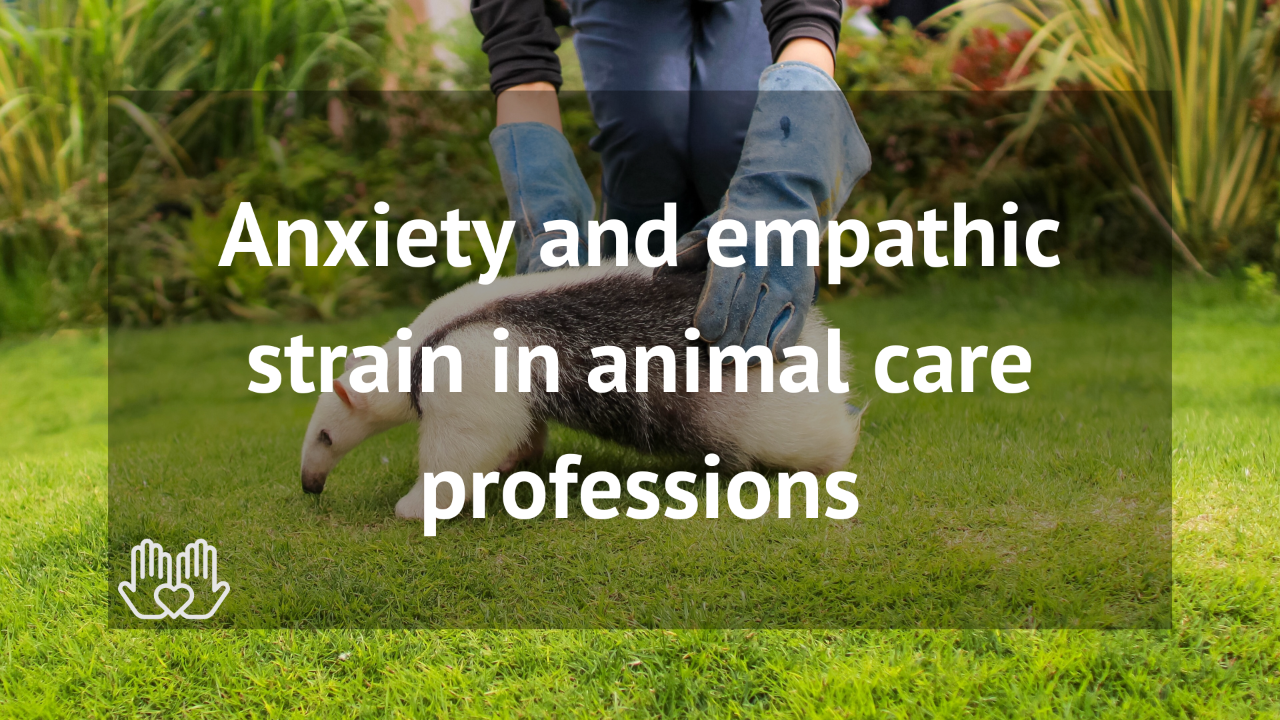
The joys and sorrows in animal care professions
Mental Health Awareness Week took place last week. The official theme for this year, as set by the Mental Health Foundation, was ‘anxiety'. It is key to highlight the importance of mental health and the challenges many people face as well as the joys of this work, possible resources and solutions. It promotes open dialogues regarding mental health, offers knowledge about accessible resources and support networks, and advocates for self-care and we-care practices that enhance wellbeing, which are part of care, respect, and real love in the workplace.
The nature of the job
Various factors can trigger feelings of anxiety, such as the stress of exams, relationships, the beginning or loss of a job, and other life events. Experiencing anxiety while working at zoos, aquaria, sanctuaries or other animal institutions can be a challenge for some individuals. Working with animals involves the pressure to ensure the wellbeing of the animals, handl...
The importance of nutrition podcast, Innovative ways you can reduce food waste & SiP #151 Browse silage in zoo animal nutrition
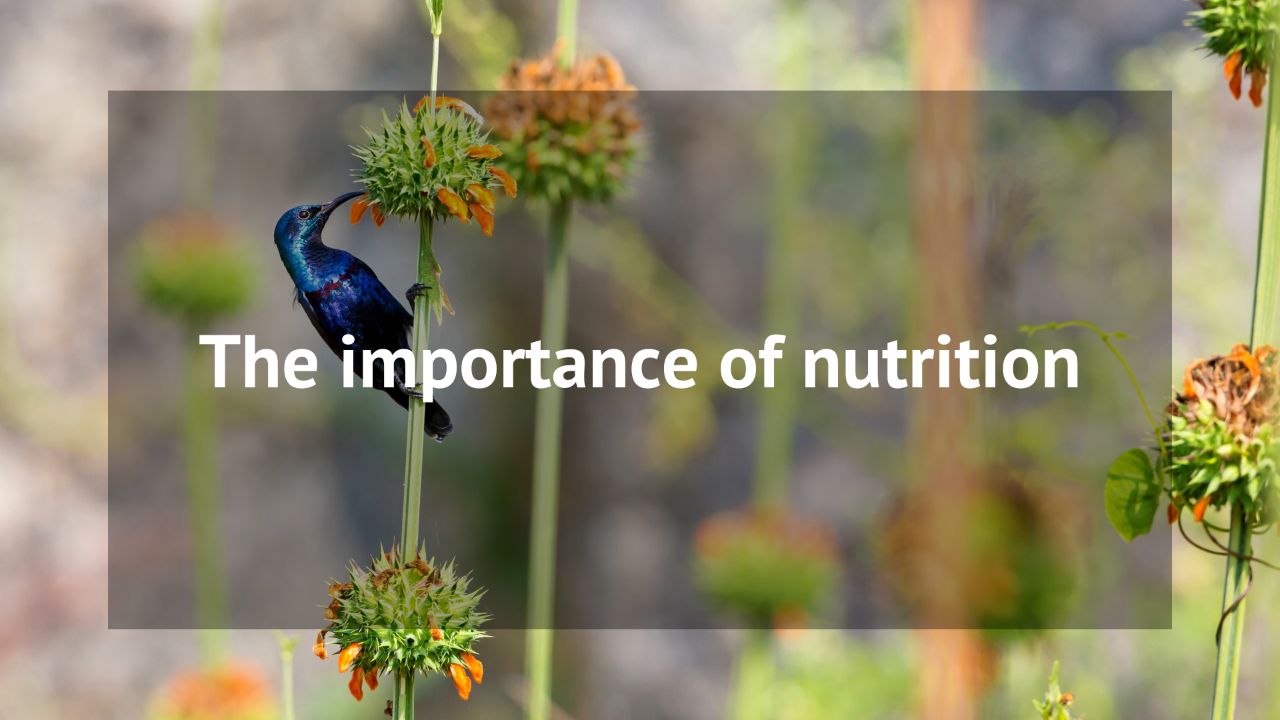
The importance of nutrition podcast
Adequate nutrition is essential for promoting optimal animal welfare, as it helps ensure that animals have the energy, nutrients, and vitamins they need to maintain good health and wellbeing. Inadequate or imbalanced diets can lead to a range of health problems, including malnutrition, obesity, and metabolic disorders, which can cause pain and discomfort.
Following a 24/7 approach to animal welfare, animals should have access to a species-specific and appropriate diet, therefore zoo staff should review the typical diets under human care, nutritional composition of wild diets, food presentation, availability and sourcing of food. In addition to providing appropriate nutrition, the diets of animals should also take into consideration their natural feeding behaviours and preferences. For example, frugivorous animals mostly rely on fruit or fruit-like produce from plants, while carnivorous animals should be provided with a diet that is high in protein ...
Animal and planetary wellbeing: nutrition and food relations, Love in the workplace & SiP #150 Nutrition and health in amphibian husbandry
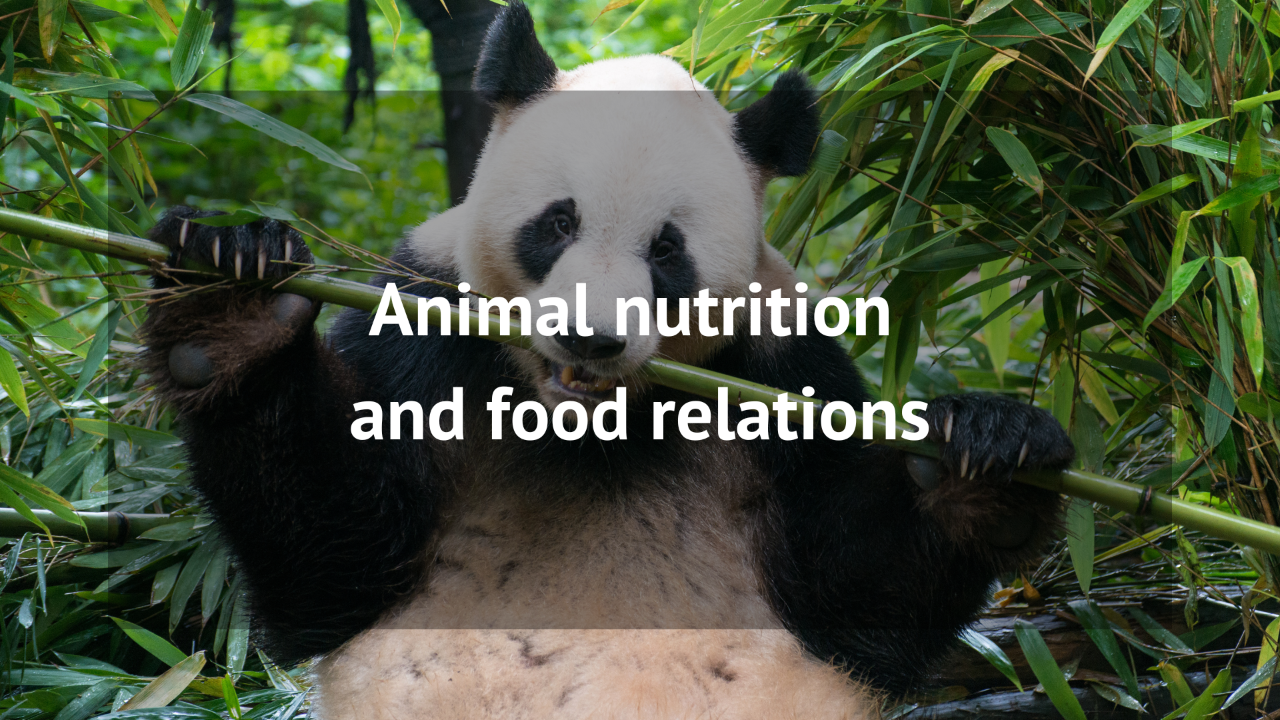
This month on the animal wellbeing platform is all about nutrition, and we talk about food relations on the planetary wellbeing platform. How are these two topics interconnected?
Nutrition is an essential aspect to sustain healthy and active animals. A suitable diet should meet energetic requirements, prevent nutritional disorders and diseases, be safe and hygienic, and encourage natural and engaging behaviours. Nutritional needs differ between species and vary across lifespans. Animal care staff works towards ensuring adequate diet and feeding regimes are provided to the animals.
On the other hand, our global food systems are closely intertwined with planetary health, including the quality of soil, water, and global emissions. Contemporary zoos, aquaria, and other animal care facilities play an important role in the dynamics of global food systems, and are recognising their responsibility to reduce their environmental impact and promote sustainable and ethical practices.
Some of th...
Free resource "Enrichment for birds of prey"
ENRICHMENT FOR BIRDS OF PREY
A new & free resource is available! Many different facilities and organisations around the world have excellent ideas, activities, research, and other opportunities in the space of caring for birds of prey in human care. we combined some in this new booklet where you can find different resources for the enrichment of birds of prey including owls, vultures, hawks, eagles, and other raptor species living in human care. Thanks to all for their efforts!
The free resource can be downloaded HERE
Welcome May! 3 platforms overview, May in DogPAWS & SiP #149 Vitamin D status in chimpanzees
AnimalConcepts welcomes May with new exciting topics in all platforms!
This month on the animal wellbeing platform is all about nutrition. Nutrition is crucial in captive animal facilities, such as zoos, aquariums, and wildlife sanctuaries, as it directly impacts the health, behaviour, and welfare of the animals. We will explore nutritional needs of different species and how this impacts their wellbeing, we will also investigate feeding enrichment, as well as a holistic and sustainable approach to animal nutrition in captive environments. You can download HERE a list of freely available resources created in 2022 on this topic.
Our focus for May in the space of human wellbeing is “Real love in the workplace”. Every human being has a primal need for love, but most of us fail to realise that this need continues into the workplace. Learn more this month about the eight principles for consistently effective leadership grounded in kindness and care. You can read HERE...

